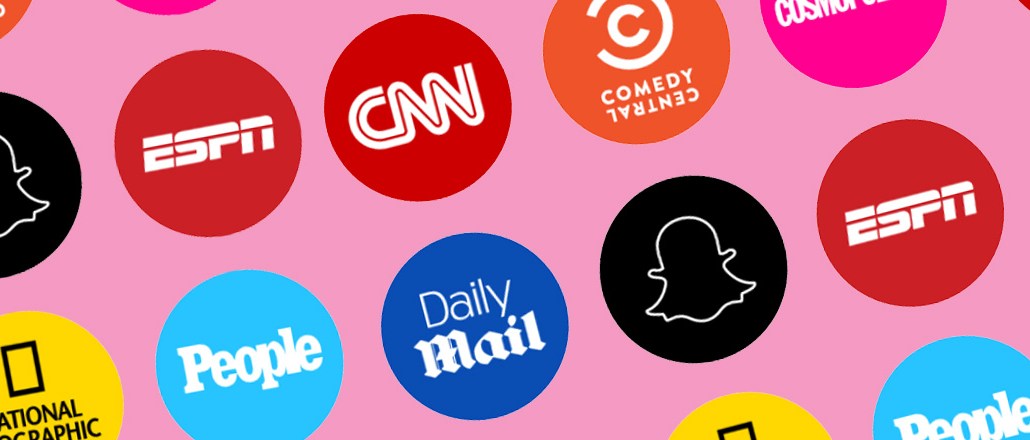
The rise of Facebook, Twitter and even Snapchat as viable news-consumption and distribution platforms has forced publishers to do some soul-searching. More people are getting their news via the platforms rather than through publishers themselves, threatening to squeeze publishers out of the distributions equation.
That could be a disaster for both publishers and journalism. Publishers are in the middle of the “great reintermediation of the Web,” said Columbia Graduate School of Journalism’s Emily Bell in London this week. Bell’s fear, shared by many publishers, is that news — and the publishers who produce it — have become a commodity for the big platforms. “For the first time in 200 years, news publishers are not in control of how news is created and distributed,” she said.
But where some publishers see an existential crisis, others see opportunity. A handful of publishers haven’t just dismissed fears about the platforms but are now actively working with them. Snapchat convinced the likes of The Daily Mail and CNN to post to Discover, while Facebook nabbed The New York Times and Atlantic for its Instant Articles initiative.
Here’s why some publishers say that the rise if platforms gives them more distribution control, not less.
Jon Steinberg, CEO, Daily Mail North America
We’re thrilled that we have a great site with a big audience, but successful ownership of syndication is not a prerequisite for a successful media company. Amazing cable channels like Discovery don’t own their distribution, and print companies didn’t own newsstands. This idea that not owning your distribution channels and patterns is a danger is bizarre. If anything, these platforms have been the oxygen of the media business.
Andrew Morse, general manager, CNN Digital
People want CNN, and we can help them get it on all the different platforms. That plays to out advantage. I think there will be a natural weeding-out process. The strongest brands, the ones that can tailor content the most, will be the ones to survive. It’s a misguided premise to think that people want to seek us out on one monolithic platform.
Steven Belser, NowThis, vp production and creative, NowThis
If anything, the rise of these new platforms is giving publishers more control over who they go after and how they go after them, not less. Every social platform has a very unique audience, which lets us target content more effectively than if everyone was lumped in a single destination. Now that there’s revenue opportunities on these platforms, it’s become less of a distraction and more of a necessity.
Jimmy Finkelstein, chairman, The Hill
If you are producing original content, they need you and you need them. The question is, are they making the right deal? I won’t recommend everyone put everything they produce on these platforms, but if they provide the right deal, we have to do it and I’m not afraid of it all.
Susie Banikarim, vp content strategy and audience, Vocativ
The idea that publishers should be fighting consumption behavior doesn’t really make sense. The fact is people’s behaviors change and trying to work against that puts you in danger of being left behind. TV didn’t kill radio, and social media isn’t going to kill publishing. It’s about finding the right balance. The onus is on us as publishers to make sure we’re diversifying our audience sources and not relying too heavily on any one platform to deliver everyone. As long as publishers are smart about it, I think it can be a relationship that works for both sides.
More in Media

In Graphic Detail: The scale of the challenge facing publishers, politicians eager to damage Google’s adland dominance
Last year was a blowout ad revenue year for Google, despite challenges from several quarters.

Why Walmart is basically a tech company now
The retail giant joined the Nasdaq exchange, also home to technology companies like Amazon, in December.

The Athletic invests in live blogs, video to insulate sports coverage from AI scraping
As the Super Bowl and Winter Olympics collide, The Athletic is leaning into live blogs and video to keeps fans locked in, and AI bots at bay.





